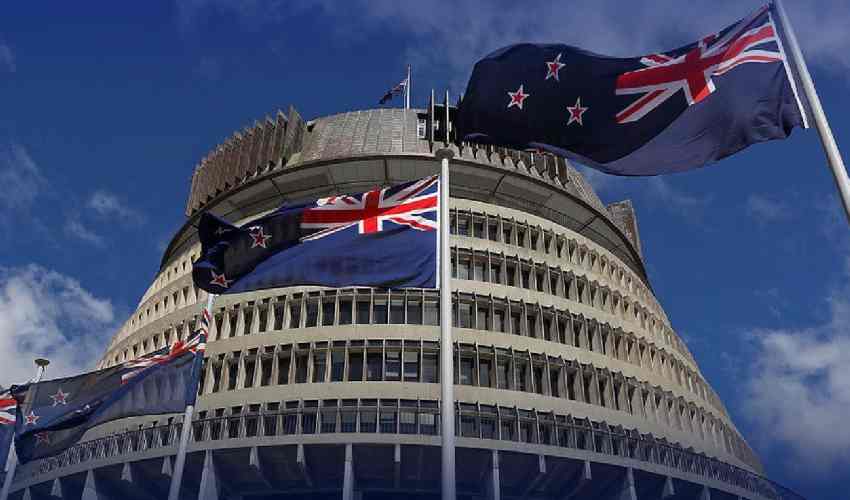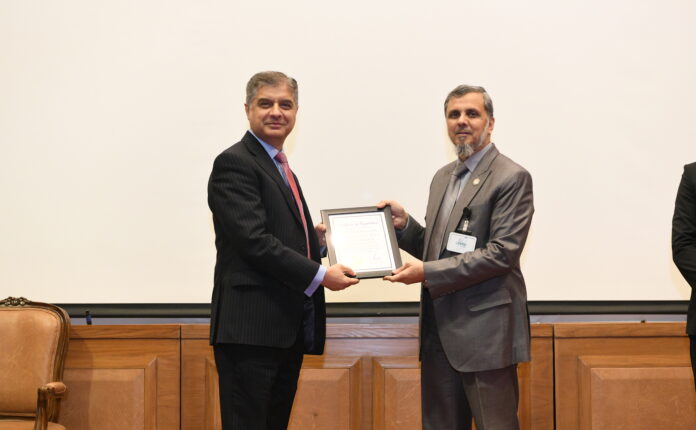New Zealand will repeal the world’s first law banning the sale of tobacco for future generations on Tuesday, the government said, despite scientists and campaigners warning of the risk of people dying as a result.
The world’s toughest anti-tobacco rules, which will come into effect from July, would ban sales to people born after January 1, 2009, reduce the nicotine content of smoked tobacco products and cut the number of tobacco sellers by more than 90%.
The new coalition government elected in October confirmed the repeal would take place on Tuesday as a matter of urgency, allowing it to scrap the law without seeking public comment, in line with previously announced plans.
Deputy Health Minister Casey Costello said the Coalition Government was committed to curbing smoking but had taken a different regulatory approach to discourage the habit and reduce the harm it caused.
“I will soon introduce a package of measures to expand the tools available to help people quit smoking,” Costello said, adding that vaping regulations would also be tightened to deter young people.
Also read: Health Alert: Punjab medicine market hit by counterfeit raw material scam
Heavily criticized for its likely impact on health outcomes in New Zealand, the decision has also sparked skepticism over fears it could have a greater impact on Maori and Pasifika populations, groups with higher rates of smoking.
Abolishing the fly in the face of robust research evidence ignores measures strongly supported by Maori leaders and will perpetuate health inequalities, University of Otago researcher Janet Hoek said.
“Extensive clinical trials and modeling studies show that legislation would rapidly increase quit rates among smokers and make it more difficult for young people to start smoking,” said Hoek, co-director of a group studying ways to reduce smoking. .







